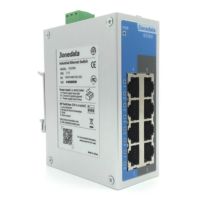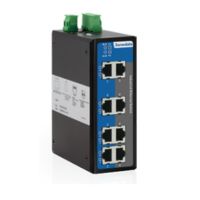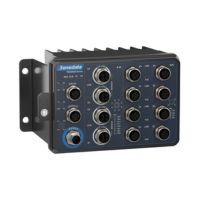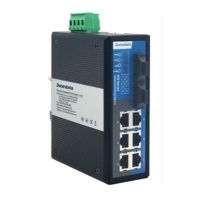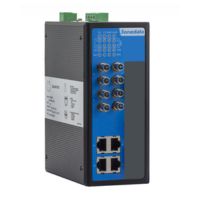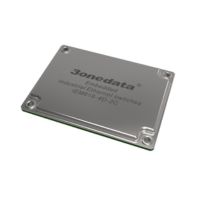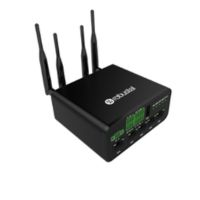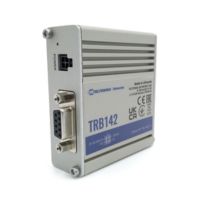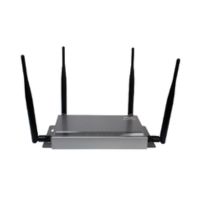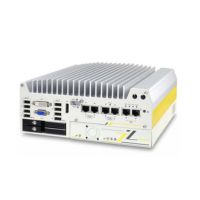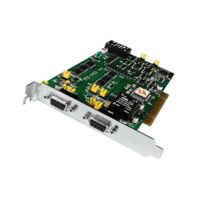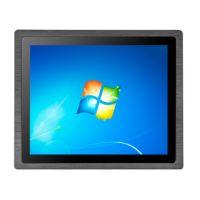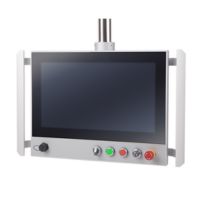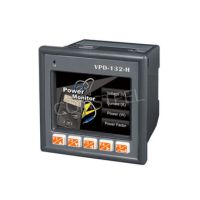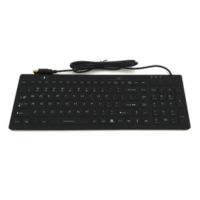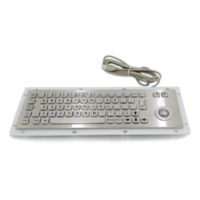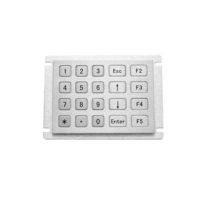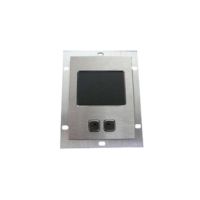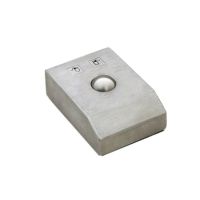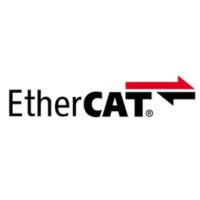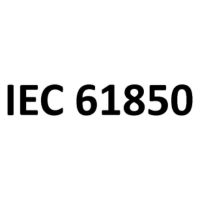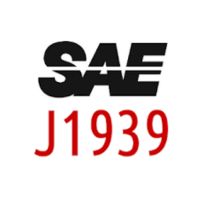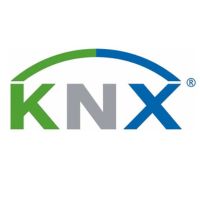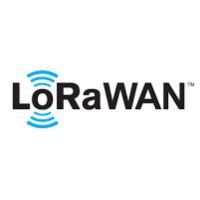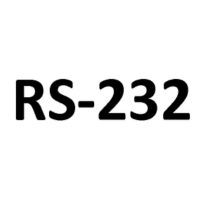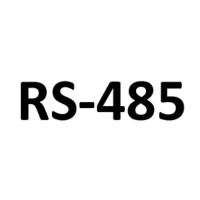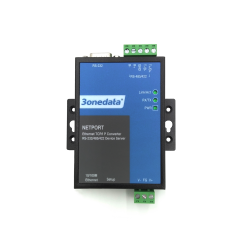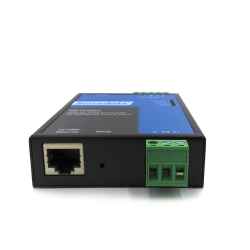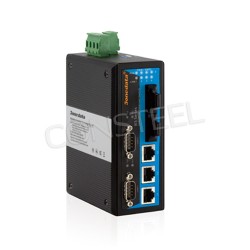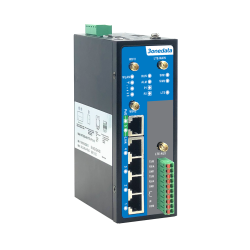Application and characteristics of port servers

What are serial port servers?
Serial port servers are manageable RS-232, RS-422 or RS-485 to Ethernet converters that allow you to connect serial communication devices to your LAN and the Internet. Port servers allow remote access to any device that uses a serial port for communication over an internal LAN or, with proper configuration, over the Internet as well.
For proper operation of the server from the RS-232 and RS-485 port side, you need to configure the communication parameters of the serial port such as baud rate, data bits, stop bits, parity and configuration of the TCP server settings assigned to the port, while from the computer side, we have to configure an application that acts as a TCP client or the manufacturer-supplied VCOM software, which creates a virtual COM port on the computer, causing our computer to see communication with the device connected to the server as if they were physically connected to each other via an RS-232 or RS-485 cable.
Types and characteristics of serial port servers
Serial port servers fall into several categories depending on the number and type of communication interfaces they support. Classic serial port servers have up to 16 RS-232 or RS-485 ports and one Ethernet port. The second group of servers is those that use serial ports and two Ethernet ports. Another category is port servers, which have a fiber optic port in addition to an Ethernet port for TCP communication. The last category of servers are converters, which use wireless cellular or Wi-Fi for communication.
Serial port servers available in our offer are characterized by a wide operating temperature range of -40° to 85°C, an industrial power supply range of 9~48VDC, which also allows them to be used in facilities with 48VDC telecommunications power supply, and resistance to vibration, shock and electromagnetic discharge. Combined with a very long mean time without failure (MTBF: 20 years) and a five-year warranty, it's easy to assign our products to the rugged industrial category, i.e., top-of-the-line port servers dedicated to the most reliable industrial systems such as airports, hospitals, factories or public places where the reliability of security systems plays a key role.
Example application sites
Depending on the operating conditions, interface and devices with which the serial port server is potentially to work, we can choose several different device models.
In a classic example, where we have only one device with RS-232 or RS-485 to connect on the serial port side such as an industrial scale or a security control panel (for security companies), the best solution would be to use a basic port server NP301 with one universal RS-232/422/485 serial port and one Ethernet port allowing the scale to be plugged into a LAN or the control panel to be plugged into the Internet, allowing the main control panel to later communicate with the customer's control panel.
A second example is the use of a port server using a fiber optic interface for TCP communication. A common application for such converters is communication in the control of variable message signs and traffic lights. Due to the specific communication structure for projects in road infrastructure, the use of a IES615-2F-2D(RS-232) server, which additionally has two fiber optic ports that allow, among other things, operation in a ring topology, may prove to be the best solution.
Another example could be plugging several metering meters into any LAN/WAN. If we have an RS-232 interface in the meter, we will have to choose a server with more than one RS-232 port, such as NP304-4D(RS-232).On the other hand, if we have meters with an RS-485 port, depending on the location of the meters, we should consider connecting in a point-to-point (point-to-point) structure or connecting the meters serially.
Our final example would be a serial port server connected to a location where we don't have the ability to run cable in the form of fiber or LAN, where we might opt for a port server using a cellular network. An example of such a server would be IRT5300-AW-5T2D, which has 5 LAN ports, 2 serial ports, 2 modules for LTE networks and built-in WiFi.
We hope our article has helped you choose the right port server for your project. However, if you still have doubts, please feel free to consult our commercial department.
| See ALL SERIAL PORT SERVERS |
Have questions or concerns? Call us!
If you have additional questions, need more information or are looking for a different solution, please contact us at (58) 380-36-44 or email us at sklep@consteel-electronics.com. We are available to you Monday through Friday from 8:00 am to 4:00 pm.
We invite manufacturers, designers, integrators, installers as well as distributors and wholesalers in the CCTV, electronics and industrial automation industry to cooperate with us, for each of you we have to offer diverse, individual, attractive commercial and business conditions.

